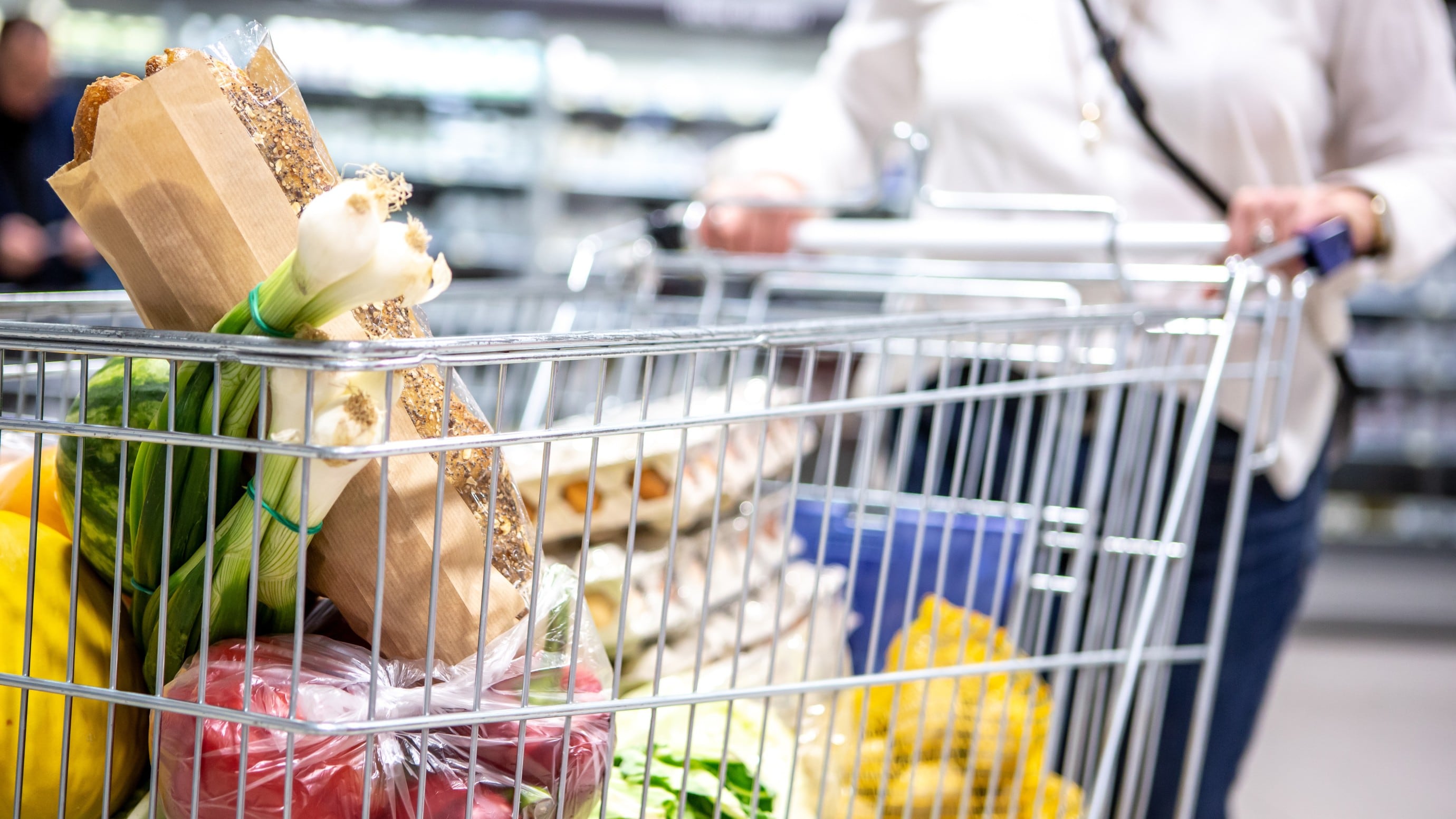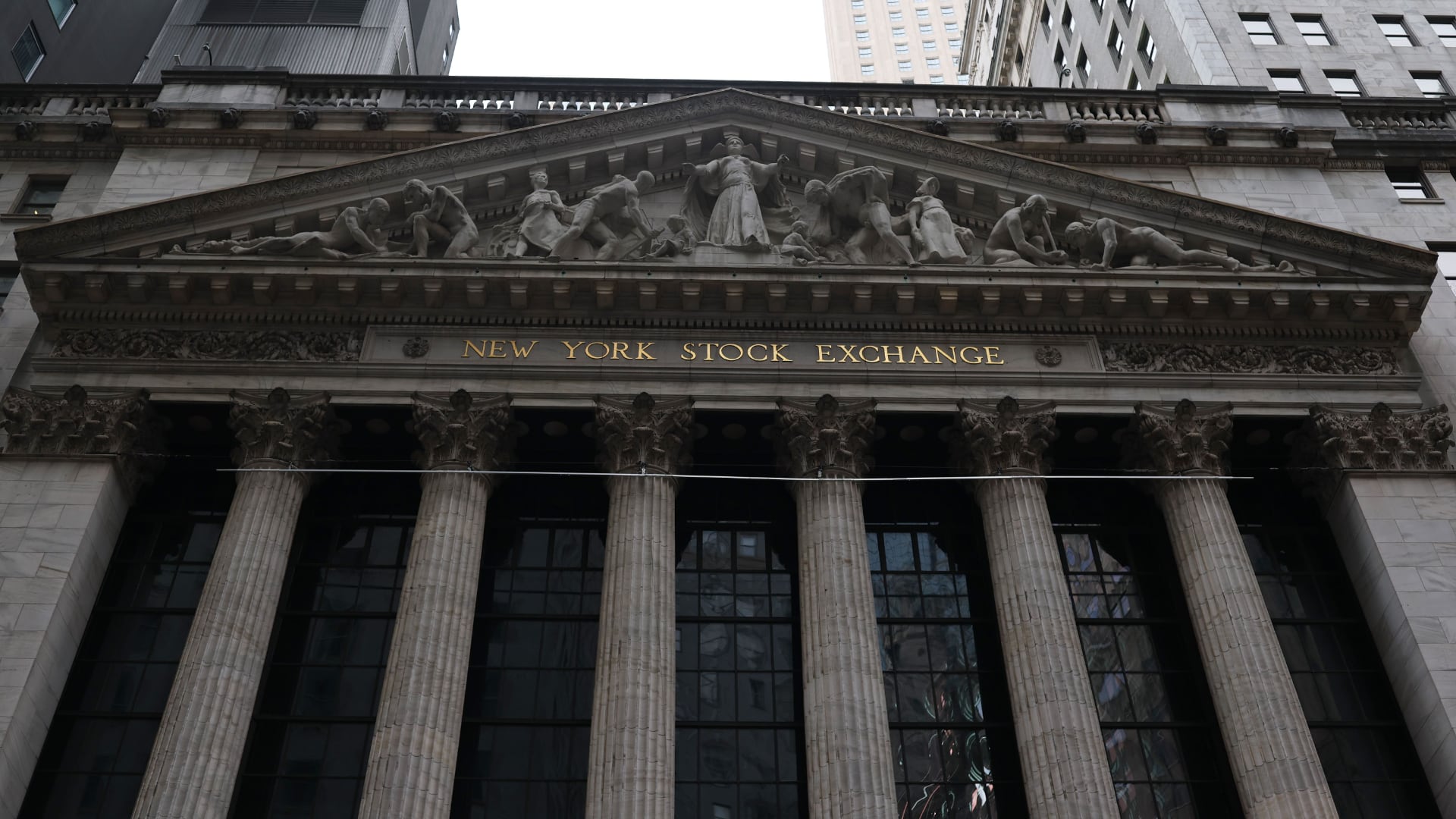By Matt Ott
The confidence of American consumers slipped this month, particularly about the future, as expectations persist that interest rates will remain elevated for an extended period.
The Conference Board, a business research group, said Tuesday that its consumer confidence index fell to 103 in September from 108.7 in August. Analysts were expecting a smaller decrease, to a reading of 105.
The index measures both Americans’ assessment of current economic conditions and their outlook for the next six months.
Most troubling was the decline in the index measuring future expectations, which tumbled to 73.7 in September from 83.3 in August. Readings below 80 for future expectations historically signal a recession within a year.
Relatedly, consumers' perceived likelihood of a recession in the next year rose, after it declined over the summer.
"Consumers may be hearing more bad news about corporate earnings, while job openings are narrowing, and interest rates continue to rise — making big-ticket items more expensive," said Dana Peterson, chief economist at The Conference Board.
The downturn in spending is beginning to reveal itself in the quarterly financial reports of some of the nation's biggest retailers. Target recently reported its first quarterly sales decline in six years. Home Depot, the nation’s largest home improvement retailer, also reported a decline in sales, with a fall-off in big-ticket items like appliances and other things that often require financing.
Best Buy’s sales and profits slid in the second quarter as the nation’s largest consumer electronics chain continues to wrestle with a pullback in spending on gadgets after Americans splurged during the pandemic.
Consumer spending accounts for around 70% of U.S. economic activity, so economists pay close attention to the mood of consumers to gauge how it may affect the broader economy.
Confidence improved late in the spring as inflation eased in the face of 11 interest-rate hikes by the Federal Reserve. But the recent downturn reflects consumer anxiety over spending on non-essential goods, particularly if they have to put it on a credit card with an elevated interest rate.
The U.S. economy — the world’s largest — has proved surprisingly resilient in the face of sharply higher borrowing costs.
America’s employers added 187,000 jobs in August, evidence of a slowing but still-resilient labor market despite the high interest rates the Federal Reserve has imposed.
From June through August, the economy added 449,000 jobs, a healthy number, but the lowest three-month total in three years. A significant increase in the number of people actively looking for jobs boosted the unemployment rate from 3.5% to 3.8% — the highest level since February 2022, though still low by historical standards.
Tumbling inflation and sturdy hiring had raised hopes the Fed just might pull off a so-called soft landing — slowing the economy just enough to tame inflation without tipping the United States into recession.
But recent data suggests that Americans might be tightening their budgets with the all-important holiday season fast approaching.
Consumers’ view of current conditions ticked up slightly in September, to 147.1 from 146.7 in August.













